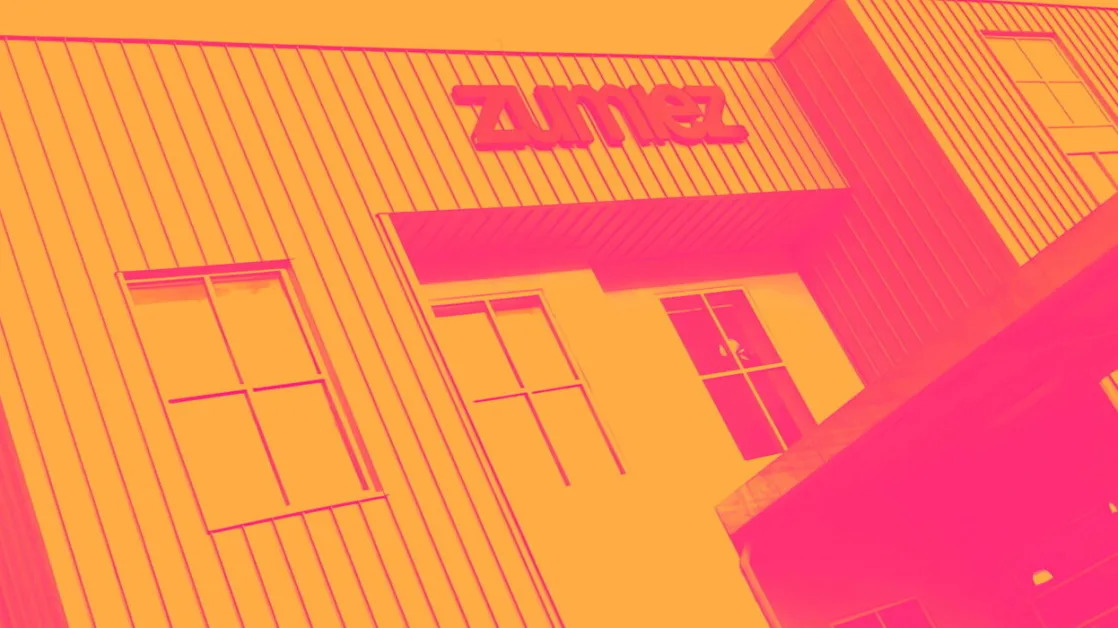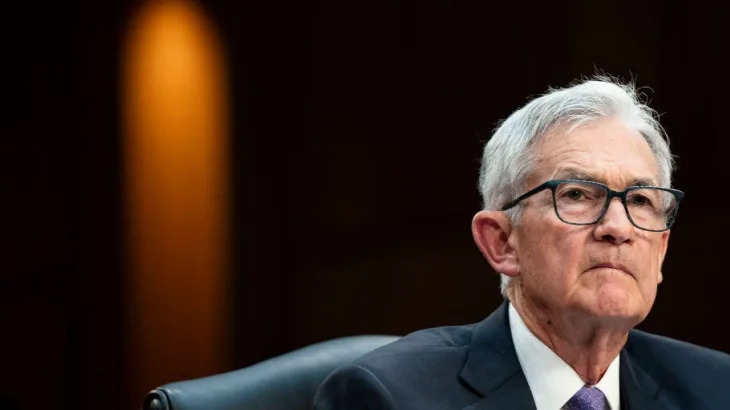(Bloomberg) -- Mexico’s annual inflation slowed slightly less than expected in early December as services prices remained pressured, supporting the central bank’s cautious stance as it extends interest rate cuts.
Official data released Monday showed consumer prices rose 4.44% in the first two weeks of December from a year prior, just above the 4.4% median estimate of economists surveyed by Bloomberg and down from the 4.55% reading in late November. Services inflation was the main driver in the period.
Core inflation, which is closely watched by the central bank and excludes volatile items such as food and fuel, accelerated to 3.62%, just above the 3.59% median estimate. The central bank, which holds its next rate-decision meeting Feb. 6, targets inflation of 3%, plus or minus 1 percentage point.
“It’s a positive data point that confirms that the moderation in economic growth and the effect of the high rates are putting a limit in inflationary pressures,” said Andres Abadia, chief economist for Latin America at Pantheon Macroeconomics. “That said, pressure remains at the core level, especially in services, which invite prudence and support Banxico’s cautious decision in the last meeting.”
Banxico, as the central bank is known, lowered borrowing costs by a quarter-point to 10% in an unanimous decision last week with core inflation back in the target range and domestic activity losing momentum. A separate report on Monday showed Mexico’s economy shrank by 0.73% on the month in October.
Policymakers said they expect that the inflationary environment will allow further reductions. “In view of the progress on disinflation, larger downward adjustments could be considered in some meetings, albeit maintaining a restrictive stance,” they wrote in a statement with the Dec. 19 decision.
Risks to that assessment were noted by Banxico’s board. Potential trade policy shifts under incoming US President Donald Trump, who’s threatened to impose 25% tariffs on all goods imported from Mexico, pose risks to both growth and consumer price forecasts.
The trade tariffs, if enacted, could have a mixed effect on inflation, Banxico Governor Victoria Rodriguez said in an interview with El Financiero published on Monday. While they could weigh on activity and hence put downward pressure on costs, if limits on trade flows impact the exchange rate, that may also stoke price increases, Rodriguez told the newspaper.
“The fall in Mexican inflation in the first half of December, to 4.4% y/y, gives Banxico room to continue to ease monetary policy,” Kimberley Sperrfechter, an emerging markets economist at Capital Economics, wrote in a note following the data release. “But we expect Banxico to continue to cut in 25bp steps, rather than step up the pace of easing.”
The bank in its post-decision statement marked up consumer price forecasts from the second quarter of 2025. It now sees inflation converging to the 3% target in the third quarter of 2026 from the fourth quarter of 2025 previously.
Banxico in late November revised its 2024 GDP estimate up to 1.8%, but held the 2025 forecast at 1.2%, implying a fourth year of slowing growth.
--With assistance from Rafael Gayol.
(Updates with economic activity in fifth paragraph, Rodriguez comments in 8th paragraph)





